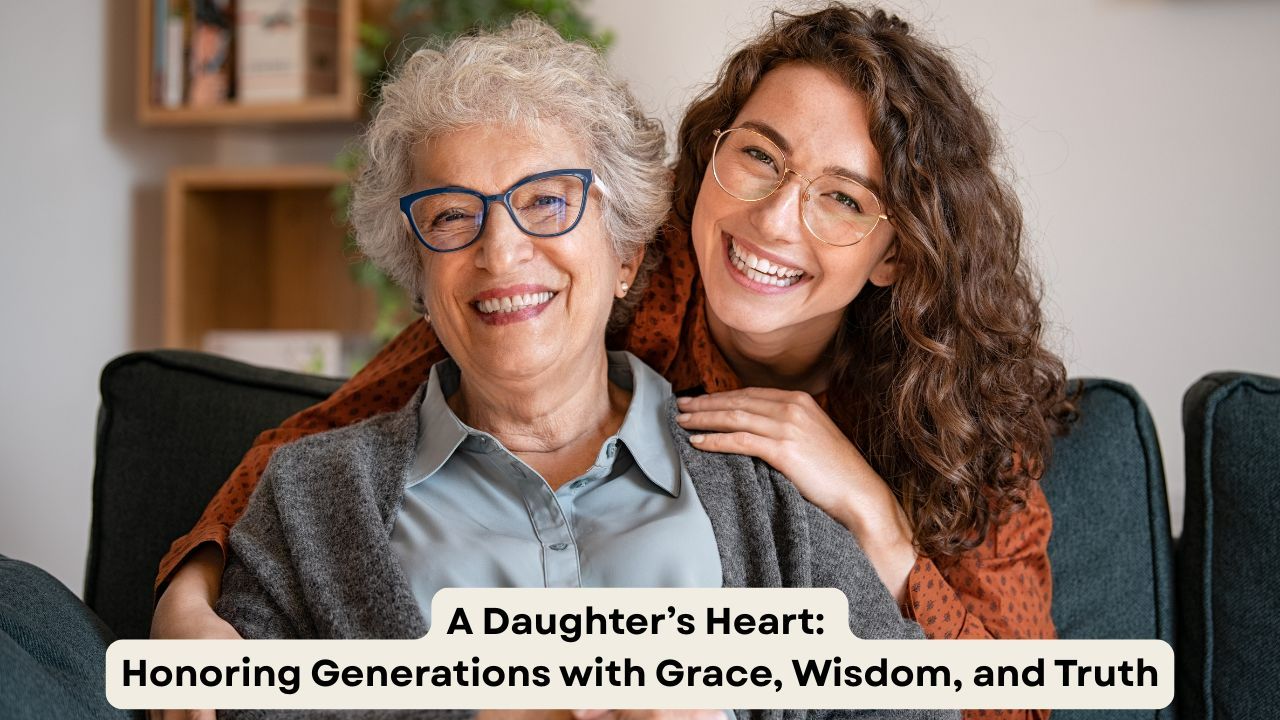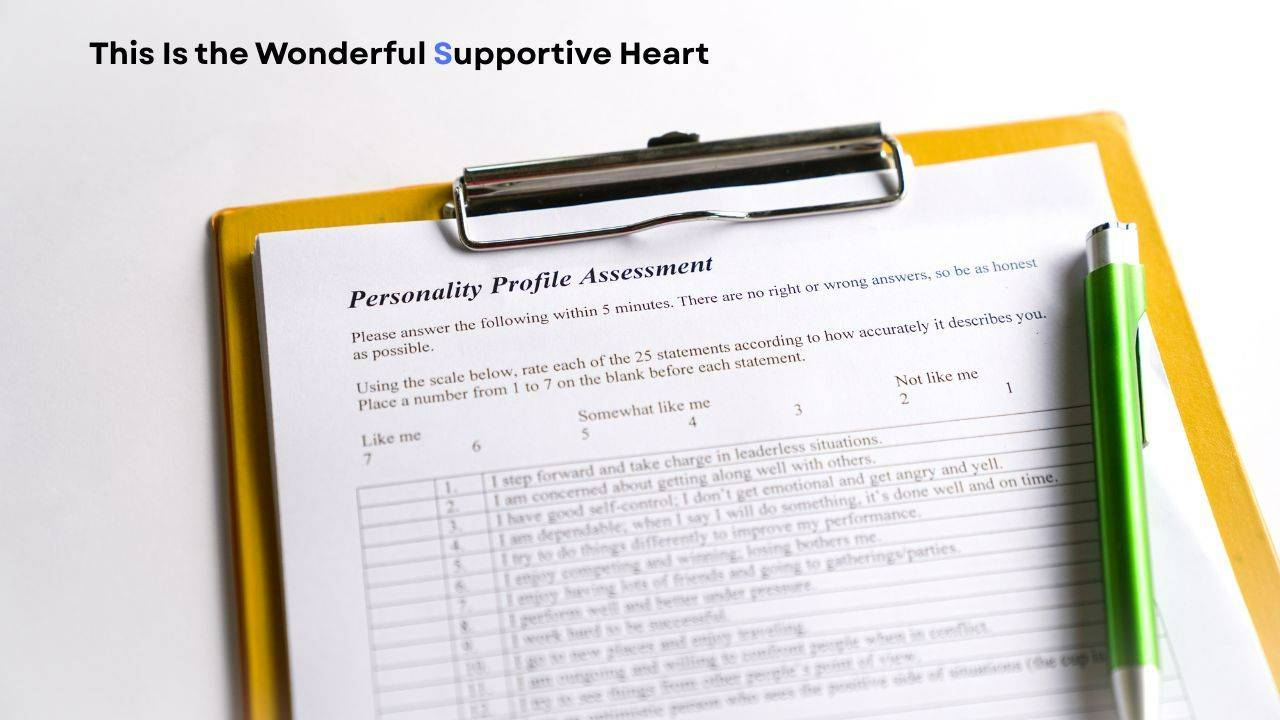“Wherefore putting away lying, speak every man truth with his neighbour: for we are members one of another.” — Ephesians 4:25 (KJV)
Every strong relationship stands on the solid ground of honesty. Without truth, love becomes shaky; communication fades into confusion. But where there is honesty, there is freedom—freedom to grow, to forgive, and to build something lasting.
Honesty is not merely telling the truth; it is living the truth. It means being genuine with your partner about your thoughts, feelings, and struggles, while also being gracious and kind. When Christian couples walk in truth, they reflect the character of Christ—who said, “I am the way, the truth, and the life.” (John 14:6, KJV)
Biblical Foundation of Honesty
Honesty is a spiritual matter long before it becomes a relational one. God delights in truth because He is truth.
“The lip of truth shall be established for ever: but a lying tongue is but for a moment.” — Proverbs 12:19 (KJV)
Whe
...












